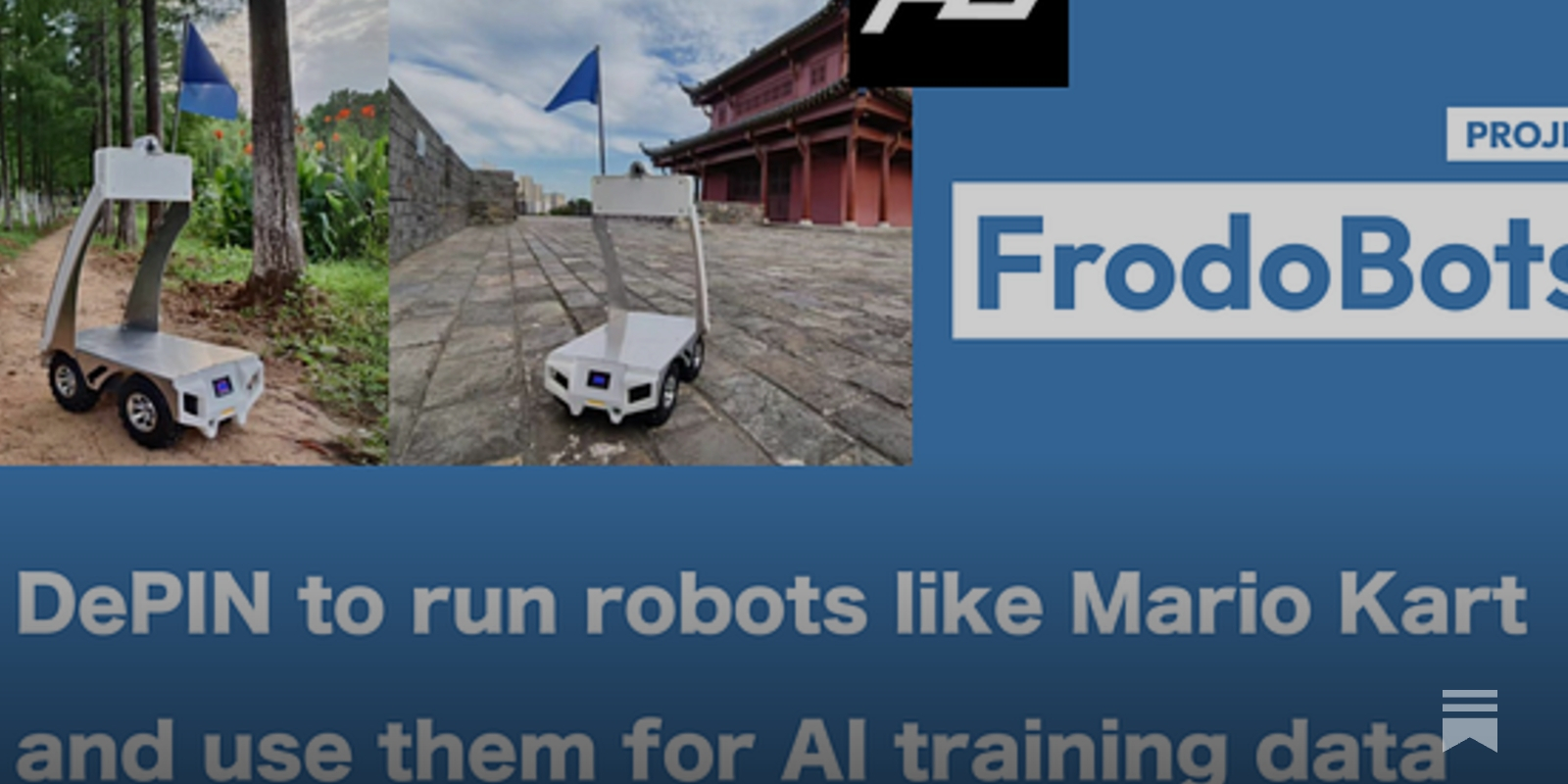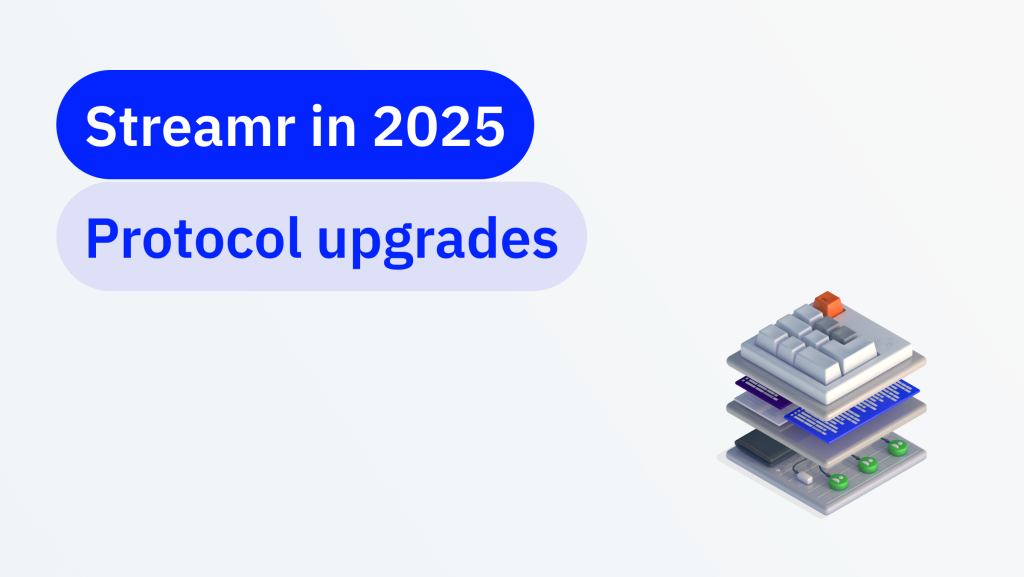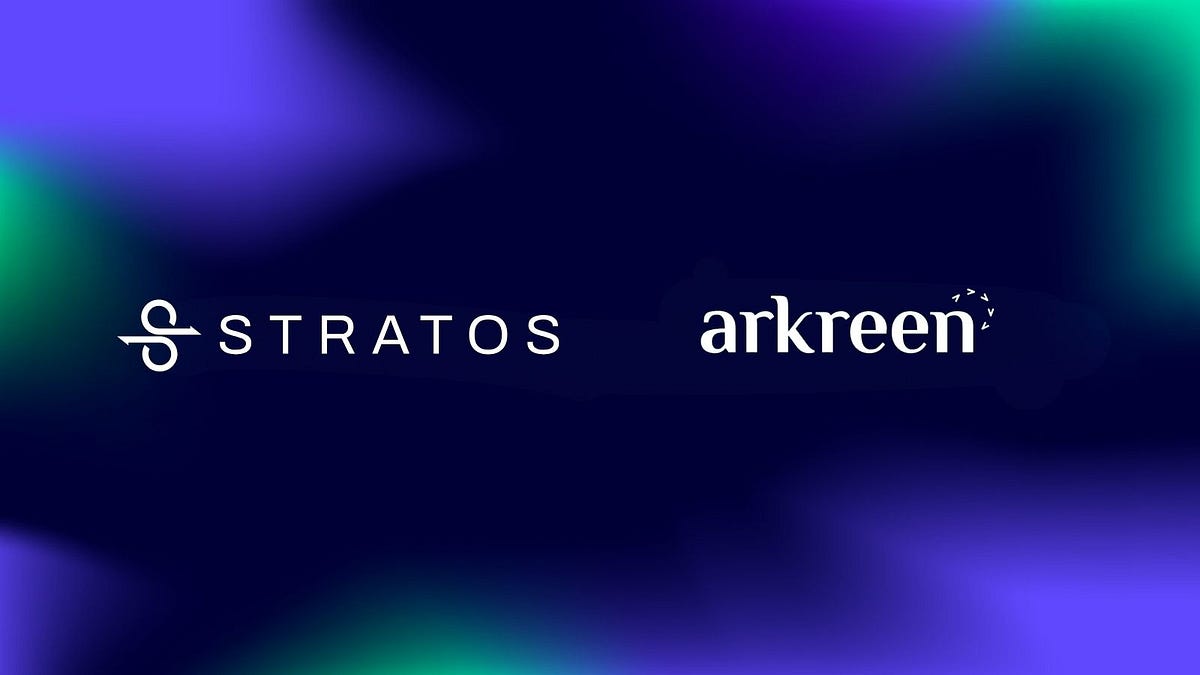Latest DePIN News

3 months ago
Coinbase to List Bittensor's TAO Token Amid Liquidity Challenges
Coinbase has announced its plans to list Bittensor's TAO token, with trading expected to commence on February 20, 2025, contingent upon meeting certain liquidity conditions. Bittensor operates as a decentralized AI network that incentivizes nodes for their contributions to AI model development. The announcement was made via Coinbase's official assets account, emphasizing the importance of adhering to the correct network for transfers to avoid potential loss of funds.
The rollout of TAO-USD trading will be executed in phases, initially imposing restrictions on trading volume and regional availability. Full trading access will only be granted once adequate liquidity is achieved, and some jurisdictions may still face trading limitations. This strategic approach aims to ensure a stable trading environment for the new asset, which has already shown promising performance in the market, with a 13.1% increase in price over the last 24 hours, positioning it as the fourth-best performer among the top 100 cryptocurrencies by market capitalization.
As Bittensor continues to develop its decentralized network, the TAO token plays a crucial role in rewarding participants who contribute to the platform's architecture. The growing interest in Bittensor and its innovative approach to AI model development reflects a broader trend within the blockchain space, where decentralized solutions are increasingly being recognized for their potential to disrupt traditional systems. Investors and traders alike will be closely monitoring the liquidity conditions leading up to the trading launch, as these factors will significantly influence the token's market performance.

3 months ago
Messari's Take On NodeOps
https://messari.io/report/expanding-to-generalized-compute-with-nodeops-network

3 months ago
DIMO's Exciting Lineup for EthDenver 2025
As EthDenver 2025 approaches, DIMO is gearing up for an exciting presence at one of Ethereum's most significant events. Attendees can look forward to a unique experience with DIMO's onchain food truck, which will be operational for the first time. Collaborating with Base and Blackbird, DIMO allows users to track the food truck's location via the DIMO mobile app. On February 25 and 26, those who download the app and create an account will receive complimentary nacho fries, and connecting their car to the network will earn them free tacos. Additionally, guests checking in with Blackbird will receive bonus $FLY tokens, enhancing the overall experience.
The food truck will be featured at two notable side events during EthDenver. The first is the Day of DePIN, hosted by DePHY and DeCharge, on February 25, where attendees can enjoy blockchain-themed snacks while gaining insights from industry leaders. The following night, DIMO will join Nolcha Shows for their Opening Party, offering delicious food to fuel the festivities. A special giveaway will include limited-edition Burner Cards hidden under meals, providing an exciting incentive for food truck visitors.
In addition to the food truck, the DIMO team will participate in various speaking engagements throughout the event. Keynote speeches and demos will be presented by team members, including Alex Rawitz and Yevgeny Khessin. DIMO is also sponsoring the DePIN After Dark event, featuring networking opportunities, keynotes, and a raffle for DePIN merchandise. With plans for a special giveaway at PizzaDAO’s Pizza Castle event, including a chance to win a $500 Turo gift card, DIMO is set to make a memorable impact at EthDenver 2025, fostering connections and onboarding new users in the vibrant blockchain community of Denver.

3 months ago
Filecoin at a Crossroads: Key Support Level and Market Sentiment
Filecoin (FIL), a prominent player in the decentralized infrastructure sector, is currently navigating a critical phase in its trading journey. As of now, the asset is hovering around a pivotal support level of $3.38, with its short-term trajectory hanging in the balance. Traders are closely monitoring this juncture, as a decisive move could either propel the price upwards or trigger a sharp decline. Recently, Filecoin experienced a modest 0.50% increase in price, accompanied by a notable 16% spike in trading volume, indicating heightened interest from market participants.
Technical analysis reveals that Filecoin has formed an ascending triangle pattern on its four-hour chart, suggesting potential upward movement. However, the asset's ability to maintain its position above the $3.38 support level is crucial. Should it succeed, analysts predict a possible surge of up to 20%, targeting the $4.05 mark. Conversely, if the price dips below $3.30, a decline to $2.92 could be imminent. Additionally, the 200-day Exponential Moving Average indicates a prevailing downtrend, further complicating the market sentiment surrounding FIL.
Despite the bearish outlook, on-chain metrics present a more optimistic scenario. Data shows that intraday traders are favoring long positions, with significant accumulation at the $3.32 level. Furthermore, long-term investors are withdrawing FIL tokens from exchanges, signaling a bullish sentiment and potential buying pressure. As the broader cryptocurrency market grapples with uncertainty, Filecoin's strong fundamentals and increasing adoption in the Decentralized Physical Infrastructure Networks (DePIN) space may provide the resilience needed to navigate this tumultuous period. The coming days will be critical in determining whether Filecoin can maintain its support and initiate a rally or face further declines.

3 months ago
Golem's 40% Surge: A Comeback or Speculative Rally?
Golem has made headlines recently with a remarkable 40% price surge, reigniting interest in its potential future. Once a frontrunner in decentralized computing, Golem's resurgence raises questions about whether this is a genuine comeback or merely a speculative rally. The sudden spike in price has led to discussions within the crypto community, especially given Golem's previous struggles and a notable absence from social media since late 2024. The project, which allows users to lease unused processing power, had been overshadowed by its lack of updates and communication from its development team, leading many to believe it was on the verge of extinction.
The recent price movement has sparked debates about Golem's viability in the competitive landscape of AI-focused cryptocurrencies. While the surge has generated excitement, the subsequent pullback has cast doubt on its sustainability. Technical indicators, such as the Relative Strength Index (RSI) and On-Balance Volume (OBV), suggest that the price increase may have been driven by speculative trading rather than solid fundamentals. Additionally, Golem faces stiff competition from established projects like Render and Ocean Protocol, which have shown stronger development and community engagement. For Golem to reclaim its position, it will need to demonstrate renewed innovation and effective communication with its user base.
As the market watches closely, Golem's next moves will be crucial in determining its future. Investors are advised to remain cautious, as the lack of clear updates from the team could lead to a quick reversal of fortunes. The current landscape for AI cryptocurrencies is dynamic, and while Golem's recent surge is noteworthy, it must prove its long-term viability to attract serious investment. Without a solid strategy and community involvement, Golem risks becoming just another fleeting trend in the ever-evolving crypto market.

3 months ago
FrodoBots: Merging Robotics and Blockchain on Solana
FrodoBots is an innovative project that merges robotics with blockchain technology on the Solana platform. This DePIN (Decentralized Physical Infrastructure Network) initiative allows users to remotely control small robots over the Internet, providing a unique gaming experience while simultaneously collecting valuable robotics data. The project aims to revolutionize how users interact with robotics, making it accessible and engaging for a broader audience. The development team behind FrodoBots is focused on creating a seamless user experience that combines the excitement of gaming with the practical applications of robotics.
One of the flagship products of FrodoBots is the "Earth Rovers" game, which can be likened to a real-world version of Mario Kart. In this worldwide treasure hunting game, players control small rover robots equipped with advanced features such as high-resolution cameras, microphones, and speakers. These robots can navigate real-world environments while being controlled remotely, allowing players to experience the thrill of driving a robot on actual roads. The integration of 4G communication ensures that users can maintain a stable connection while enjoying the game.
The Earth Rovers game also includes a mission function that records driving data and rewards players for visiting specific locations. This feature not only enhances the gaming experience but also contributes to the collection of data that can be utilized for further AI development. As FrodoBots continues to evolve, it promises to offer exciting possibilities for both gaming enthusiasts and robotics researchers, paving the way for a new era of interactive entertainment and data collection in the realm of robotics.

3 months ago
Streamr Unveils Protocol Upgrades for Enhanced Security, Usability, and Scalability
In a recent update, Streamr has announced significant protocol upgrades aimed at enhancing security, usability, and scalability within its decentralized data streaming network. These upgrades are essential as the platform evolves from a middleware solution to a forefront technology that promises to revolutionize data streaming. The focus on security includes the introduction of quantum-resistant streaming, which is crucial for safeguarding data against potential future threats posed by quantum computing. This feature is particularly relevant for sensitive applications in government and military sectors, ensuring that data remains secure even as quantum capabilities advance.
To improve usability, Streamr is investing in native language bindings, flexible data validation, and a multichain architecture. The development of native SDKs has already achieved significant milestones, allowing for enhanced data publishing capabilities across various programming languages. Additionally, the support for arbitrary publisher identities and integration with diverse cryptographic systems will facilitate new partnerships and broaden the network's applicability. The multichain architecture further enables projects to operate on their preferred blockchain while benefiting from Streamr's decentralized data transport, thus promoting wider adoption.
Scalability remains a critical focus for Streamr, especially as the demand for real-time applications grows. Landmark benchmark tests have demonstrated the platform's ability to maintain low latency and quick data retrieval, even in a decentralized environment with numerous nodes. With the results of these tests set to be published in early 2025, Streamr aims to solidify its position as a leader in decentralized data streaming. As the network approaches its first anniversary, the commitment to continuous research and development promises a bright future for secure, scalable, and decentralized data solutions in a multipolar world.

3 months ago
Solpen Launches AI-Powered DePIN Platform on Solana Blockchain
Solpen, an innovative AI-powered Decentralized Physical Infrastructure Network (DePIN) platform, has officially launched on the Solana blockchain. This platform aims to integrate decentralized incentives with real-world user behavior, creating a smarter and more interconnected lifestyle. Key features include AI-driven rewards, where users earn incentives for their interactions, and the first device, Solpen Vape, which offers real-time insights and a customizable experience without nicotine. The platform emphasizes user privacy through blockchain technology, ensuring that data remains encrypted and controlled by individuals.
At the heart of Solpen is its commitment to decentralized governance. The platform operates as a decentralized autonomous organization (DAO), allowing users to participate in decision-making processes, thereby fostering community-driven growth. The AI algorithms dynamically adjust rewards based on user interactions, enhancing engagement and participation. Furthermore, Solpen's collaboration with Tars AI, a leader in AI solutions, aims to bolster the platform's capabilities, ensuring that it remains at the forefront of innovation in the DePIN ecosystem.
Looking ahead, Solpen envisions a transformative impact on the Internet of Things (IoT) sector. Plans for the future include the integration of smart devices across various IoT products and the launch of Solpen DAO, which will empower users to vote and contribute to governance. Additionally, the platform aims to expand into key markets such as Europe and Southeast Asia. By combining AI, decentralized blockchain technology, and IoT ecosystems, Solpen is set to redefine the user experience in the Web3 space, paving the way for a decentralized, AI-powered future.

3 months ago
Stratos Network Partners with Arkreen to Promote Sustainable Decentralized Infrastructure
Stratos Network is taking significant steps towards building a sustainable and decentralized infrastructure by partnering with Arkreen Network. This collaboration focuses on promoting renewable energy adoption and achieving carbon neutrality. Stratos Network is committed to offsetting its operational carbon footprint by leveraging Arkreen's green asset data, which reinforces its dedication to sustainability and responsible operations in the Web3 space.
In addition to their operational initiatives, Arkreen has extended an invitation to the founder of Stratos Network to participate in an upcoming Arkreen Talk. This event will provide a platform for discussing decentralized infrastructure, artificial intelligence, and sustainable energy solutions. The partnership aims to explore collaborative opportunities with eco-partners to advance Green DePIN initiatives, which are essential for promoting environmentally friendly practices within the Web3 ecosystem.
The integration of Stratos Network's scalable, decentralized storage and AI computation capabilities with Arkreen's on-chain Renewable Energy Certificates (RECs) through its AREC carbon offset protocol is set to revolutionize decentralized AI infrastructure. By harnessing green energy, both networks are not only enhancing their operational efficiency but also contributing to a greener future. This partnership exemplifies how decentralized technologies can align with sustainability goals, paving the way for innovative solutions in the renewable energy sector.

3 months ago
CUDOS and Rainfall Forge Partnership for Decentralized Cloud Infrastructure
On February 18, 2025, CUDOS, a leader in sustainable decentralized cloud computing, announced a strategic partnership with Rainfall, a decentralized and privacy-preserving Personal AI platform. This collaboration aims to streamline the infrastructure for node setup within the Rainfall ecosystem, allowing node operators and buyers to deploy and manage nodes on CUDOS with ease. The partnership promises to reduce complexity and enhance cost-effectiveness, making it simpler for participants to engage in the decentralized network. Rajesh Pradhan, co-founder and CTO of Rainfall, emphasized that this initiative would facilitate greater accessibility and efficiency within their ecosystem, while also offering operators a clear pathway to participation and rewards.
To kick off this initiative, reference nodes have already been deployed on CUDOS, serving as models for additional Rainfall node operators. These reference nodes will guide participants in integrating into the network with minimal friction. Pete Hill, VP of Sales at CUDOS, expressed excitement about supporting Rainfall’s decentralized infrastructure, highlighting the importance of an easy-to-use node setup process in promoting the adoption of decentralized cloud solutions. This partnership not only simplifies node deployment but also strengthens the foundation for Web3 AI applications, reinforcing a commitment to sustainable and accessible AI computing resources.
The collaboration between CUDOS and Rainfall signifies a shared vision for a more decentralized, efficient, and user-friendly cloud ecosystem. By providing strong economic incentives for node operators, this initiative aims to cultivate a robust and thriving network. Both companies are dedicated to bridging the gap between cloud computing and blockchain, catering to the growing demands of AI, the Metaverse, and High-Performance Computing (HPC) applications. Together, they are paving the way for a future where decentralized computing is both sustainable and accessible to all users.
Signup for latest DePIN news and updates